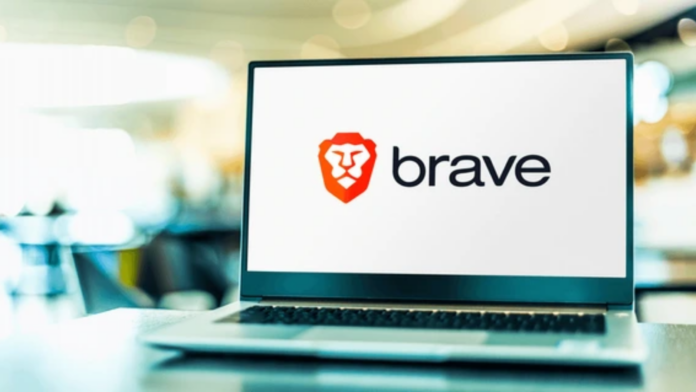Brave has recently announced an exciting addition to its search engine capabilities – the integration of CodeLLM, a newly built feature designed to revolutionize how programming queries are handled. This AI-powered tool offers a unique approach to searching for code-related information, providing users with code snippets, step-by-step explanations, and pertinent citations. What sets CodeLLM apart is its seamless integration into Brave Search, allowing users to access this powerful tool without the need to switch between different apps.
The beauty of CodeLLM lies in its accessibility. It’s available to all Brave Search users, whether they’re working from a desktop or on-the-go with a mobile device. If you’ve already set Brave Search as your default search engine, accessing CodeLLM is as simple as initiating a search in your browser’s address bar. For those who haven’t made this switch, CodeLLM can be easily accessed by heading to search.brave.com.
One of the most impressive aspects of CodeLLM is its intuitive design. Brave’s innovation ensures that programming-related queries are automatically detected, eliminating the need for special search commands. This feature is particularly handy for developers and programmers who require quick and accurate coding assistance. When a programming query is identified, a widget appears atop the search results, inviting users to engage with the CodeLLM response. This detection mechanism is part of Brave Search’s broader capabilities, which include the ability to handle a variety of queries, from weather forecasts to financial information.
The technology underpinning CodeLLM is built on top of Mixtral, a Large Language Model (LLM) capable of generating code based on text prompts. This reflects Brave’s commitment to leveraging AI for innovative and practical applications, making the search experience for programming queries more efficient and user-friendly.
The launch of CodeLLM follows Brave’s introduction of its AI-powered assistant, Leo, to all desktop users. Leo, based on advanced LLMs like Llama 2 and Anthropic’s Claude, is designed to handle context-aware requests such as summarizing web pages, translating text, and rewriting phrases. Furthermore, Brave has introduced a premium version of this assistant, offering enhanced features like faster and more sophisticated LLMs for a monthly subscription.
Brave Search’s journey since its inception two years ago has been remarkable. It now serves an average of 25 million queries per day, a clear indicator of its growing popularity and reliability. The search engine has become the go-to choice for many of Brave’s 60 million users, underscoring its effectiveness and the trust it has garnered.
In conclusion, Brave’s integration of CodeLLM into its search engine is a significant step forward in the realm of digital technology, particularly for those involved in programming and development. This innovation is not just about providing answers; it’s about enhancing the user experience, making it more intuitive, efficient, and accessible. As Brave continues to explore the possibilities of AI and search technology, users can look forward to a continually improving digital experience.












